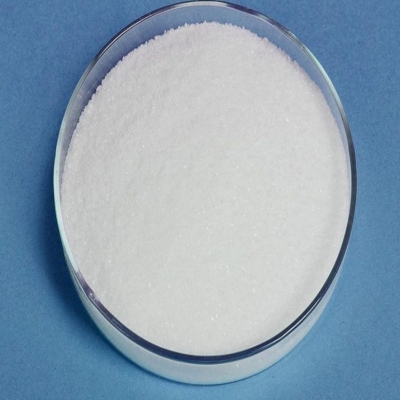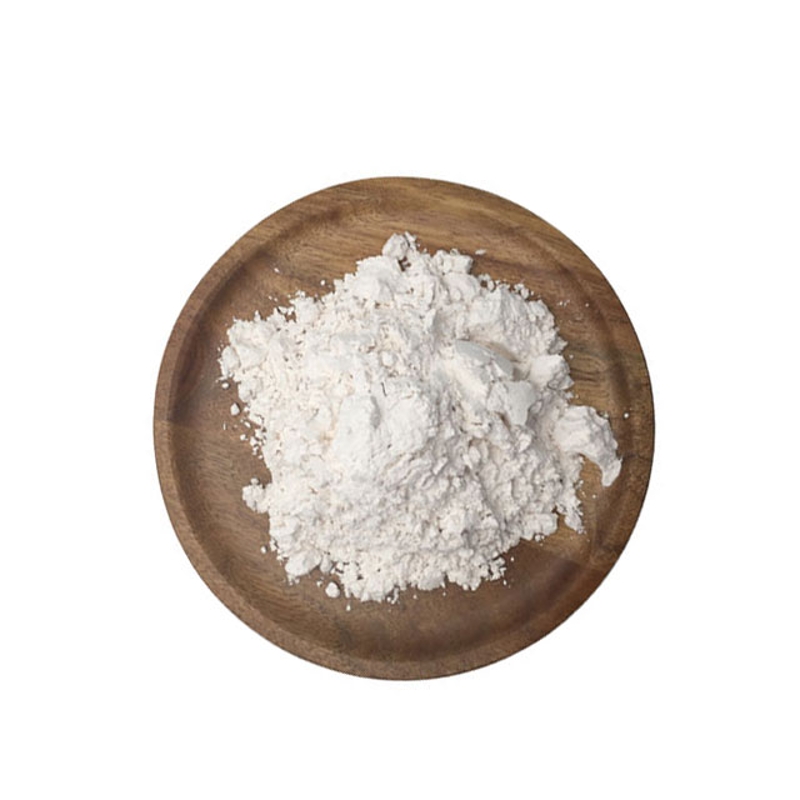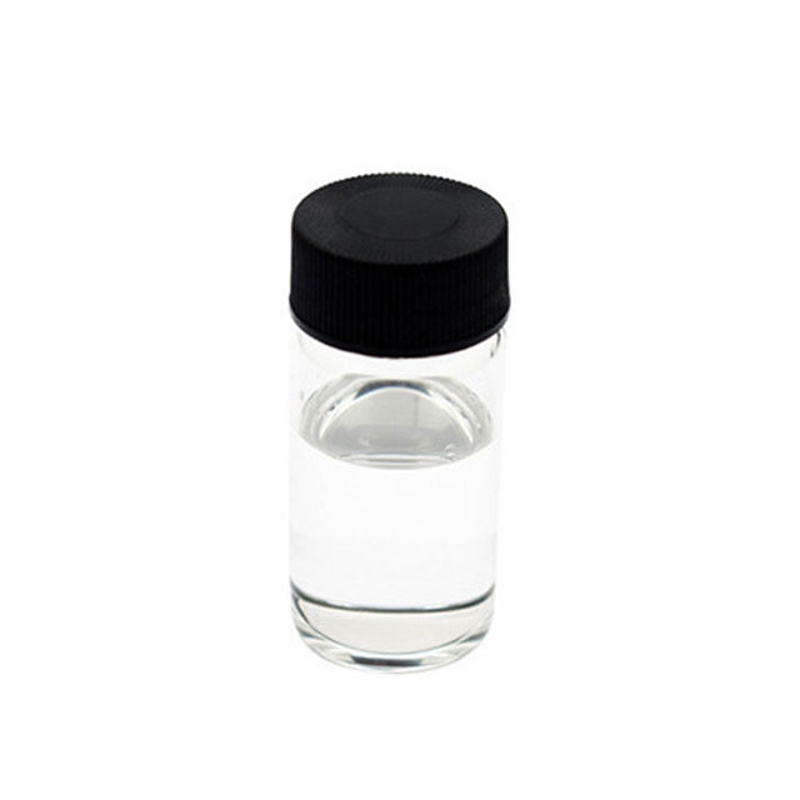-
Categories
-
Pharmaceutical Intermediates
-
Active Pharmaceutical Ingredients
-
Food Additives
- Industrial Coatings
- Agrochemicals
- Dyes and Pigments
- Surfactant
- Flavors and Fragrances
- Chemical Reagents
- Catalyst and Auxiliary
- Natural Products
- Inorganic Chemistry
-
Organic Chemistry
-
Biochemical Engineering
- Analytical Chemistry
- Cosmetic Ingredient
-
Pharmaceutical Intermediates
Promotion
ECHEMI Mall
Wholesale
Weekly Price
Exhibition
News
-
Trade Service
Medical Network News on June 16th, Springer Nature’s professional academic journal "Nature-Aging" recently published a medical research paper saying that researchers have developed a medical research paper for Alzheimer’s disease (AD) commonly known as Alzheimer’s disease.
The results of phase 2 clinical trials of the vaccine show that the vaccine, called AADvac1, is safe and can induce an immune response in patients with mild Alzheimer's disease
.
The results of phase 2 clinical trials of the vaccine show that the vaccine, called AADvac1, is safe and can induce an immune response in patients with mild Alzheimer's disease
.
However, the paper also reminded that researchers could not detect the specific impact of the AADvac1 vaccine on patients' cognitive decline
.
.
The paper introduced that the toxic form of tau protein would accumulate and spread in the brains of patients with Alzheimer's disease, which is also a pathological feature of the disease
.
This protein is thought to cause a large number of neuronal deaths and eventually cause dementia
.
Researchers are currently testing whether immunotherapy can reduce the levels of toxic tau protein and help slow patients’ cognitive decline
.
.
This protein is thought to cause a large number of neuronal deaths and eventually cause dementia
.
Researchers are currently testing whether immunotherapy can reduce the levels of toxic tau protein and help slow patients’ cognitive decline
.
Corresponding author of the paper, Petr Novak of AXON Neuroscience Customer Relationship Management Service in Bratislava, Slovakia, and colleagues conducted a phase 2 randomized placebo-controlled trial, enrolling 196 patients with mild Alz Patients with Haimer disease (mean age 71.
4 years; 45.
1% male ; 100% white)
.
Researchers injected these patients with multiple doses of a peptide vaccine called AADvac1 or a placebo, and monitored the safety, immunogenicity (that is, the ability of the vaccine to induce an immune response) and clinical efficacy of the vaccine over a period of two years
.
They found that the vaccine is safe as a whole, and the vaccination group can produce large amounts of antibodies to the peptides of the vaccine
.
However, this vaccine did not have a statistically significant positive or negative effect on the cognitive function of the entire study sample
.
Exploratory analysis showed that AADvac1 can slow down the accumulation of neurofilament light chain (NfL), a marker of neurodegeneration
.
4 years; 45.
1% male ; 100% white)
.
Researchers injected these patients with multiple doses of a peptide vaccine called AADvac1 or a placebo, and monitored the safety, immunogenicity (that is, the ability of the vaccine to induce an immune response) and clinical efficacy of the vaccine over a period of two years
.
They found that the vaccine is safe as a whole, and the vaccination group can produce large amounts of antibodies to the peptides of the vaccine
.
However, this vaccine did not have a statistically significant positive or negative effect on the cognitive function of the entire study sample
.
Exploratory analysis showed that AADvac1 can slow down the accumulation of neurofilament light chain (NfL), a marker of neurodegeneration
.
The authors of the paper generally concluded that although patients have a good tolerance to AADvac1 and can produce an immune response to tau protein, the vaccine cannot produce statistically significant cognitive benefits.
This may be due to the lack of tau protein pathology in some patients.
Performance, or because the sample size of the study is small
.
Therefore, follow-up still needs to conduct a larger-scale stratified test based on the existence of disease biomarkers, repeat the above research results and fully evaluate the possible clinical efficacy of AADvac1
.
(Finish)
This may be due to the lack of tau protein pathology in some patients.
Performance, or because the sample size of the study is small
.
Therefore, follow-up still needs to conduct a larger-scale stratified test based on the existence of disease biomarkers, repeat the above research results and fully evaluate the possible clinical efficacy of AADvac1
.
(Finish)
Medical Network News on June 16th, Springer Nature’s professional academic journal "Nature-Aging" recently published a medical research paper saying that researchers have developed a medical research paper for Alzheimer’s disease (AD) commonly known as Alzheimer’s disease.
The results of phase 2 clinical trials of the vaccine show that the vaccine, called AADvac1, is safe and can induce an immune response in patients with mild Alzheimer's disease
.
The results of phase 2 clinical trials of the vaccine show that the vaccine, called AADvac1, is safe and can induce an immune response in patients with mild Alzheimer's disease
.
However, the paper also reminded that researchers could not detect the specific impact of the AADvac1 vaccine on patients' cognitive decline
.
.
The paper introduced that the toxic form of tau protein would accumulate and spread in the brains of patients with Alzheimer's disease, which is also a pathological feature of the disease
.
This protein is thought to cause a large number of neuronal deaths and eventually cause dementia
.
Researchers are currently testing whether immunotherapy can reduce the levels of toxic tau protein and help slow patients’ cognitive decline
.
.
This protein is thought to cause a large number of neuronal deaths and eventually cause dementia
.
Researchers are currently testing whether immunotherapy can reduce the levels of toxic tau protein and help slow patients’ cognitive decline
.
Corresponding author of the paper, Petr Novak of AXON Neuroscience Customer Relationship Management Service in Bratislava, Slovakia, and colleagues conducted a phase 2 randomized placebo-controlled trial, enrolling 196 patients with mild Alz Patients with Haimer disease (mean age 71.
4 years; 45.
1% male ; 100% white)
.
Researchers injected these patients with multiple doses of a peptide vaccine called AADvac1 or a placebo, and monitored the safety, immunogenicity (that is, the ability of the vaccine to induce an immune response) and clinical efficacy of the vaccine over a period of two years
.
They found that the vaccine is safe as a whole, and the vaccination group can produce large amounts of antibodies to the peptides of the vaccine
.
However, this vaccine did not have a statistically significant positive or negative effect on the cognitive function of the entire study sample
.
Exploratory analysis showed that AADvac1 can slow down the accumulation of neurofilament light chain (NfL), a marker of neurodegeneration
.
4 years; 45.
1% male ; 100% white)
.
Researchers injected these patients with multiple doses of a peptide vaccine called AADvac1 or a placebo, and monitored the safety, immunogenicity (that is, the ability of the vaccine to induce an immune response) and clinical efficacy of the vaccine over a period of two years
.
They found that the vaccine is safe as a whole, and the vaccination group can produce large amounts of antibodies to the peptides of the vaccine
.
However, this vaccine did not have a statistically significant positive or negative effect on the cognitive function of the entire study sample
.
Exploratory analysis showed that AADvac1 can slow down the accumulation of neurofilament light chain (NfL), a marker of neurodegeneration
.
The authors of the paper generally concluded that although patients have a good tolerance to AADvac1 and can produce an immune response to tau protein, the vaccine cannot produce statistically significant cognitive benefits.
This may be due to the lack of tau protein pathology in some patients.
Performance, or because the sample size of the study is small
.
Therefore, follow-up still needs to conduct a larger-scale stratified test based on the existence of disease biomarkers, repeat the above research results and fully evaluate the possible clinical efficacy of AADvac1
.
(Finish)
This may be due to the lack of tau protein pathology in some patients.
Performance, or because the sample size of the study is small
.
Therefore, follow-up still needs to conduct a larger-scale stratified test based on the existence of disease biomarkers, repeat the above research results and fully evaluate the possible clinical efficacy of AADvac1
.
(Finish)
Medical Network News on June 16th, Springer Nature’s professional academic journal "Nature-Aging" recently published a medical research paper saying that researchers have developed a medical research paper for Alzheimer’s disease (AD) commonly known as Alzheimer’s disease.
The results of phase 2 clinical trials of the vaccine show that the vaccine, called AADvac1, is safe and can induce an immune response in patients with mild Alzheimer's disease
.
The results of phase 2 clinical trials of the vaccine show that the vaccine, called AADvac1, is safe and can induce an immune response in patients with mild Alzheimer's disease
.
However, the paper also reminded that researchers could not detect the specific impact of the AADvac1 vaccine on patients' cognitive decline
.
.
The paper introduced that the toxic form of tau protein would accumulate and spread in the brains of patients with Alzheimer's disease, which is also a pathological feature of the disease
.
This protein is thought to cause a large number of neuronal deaths and eventually cause dementia
.
Researchers are currently testing whether immunotherapy can reduce the levels of toxic tau protein and help slow patients’ cognitive decline
.
.
This protein is thought to cause a large number of neuronal deaths and eventually cause dementia
.
Researchers are currently testing whether immunotherapy can reduce the levels of toxic tau protein and help slow patients’ cognitive decline
.
Corresponding author of the paper, Petr Novak of AXON Neuroscience Customer Relationship Management Service in Bratislava, Slovakia, and colleagues conducted a phase 2 randomized placebo-controlled trial, enrolling 196 patients with mild Alz Patients with Haimer disease (mean age 71.
4 years; 45.
1% male ; 100% white)
.
Researchers injected these patients with multiple doses of a peptide vaccine called AADvac1 or a placebo, and monitored the safety, immunogenicity (that is, the ability of the vaccine to induce an immune response) and clinical efficacy of the vaccine over a period of two years
.
They found that the vaccine is safe as a whole, and the vaccination group can produce large amounts of antibodies to the peptides of the vaccine
.
However, this vaccine did not have a statistically significant positive or negative effect on the cognitive function of the entire study sample
.
Exploratory analysis showed that AADvac1 can slow down the accumulation of neurofilament light chain (NfL), a marker of neurodegeneration
.
Male, male, male4 years; 45.
1% male ; 100% white)
.
Researchers injected these patients with multiple doses of a peptide vaccine called AADvac1 or a placebo, and monitored the safety, immunogenicity (that is, the ability of the vaccine to induce an immune response) and clinical efficacy of the vaccine over a period of two years
.
They found that the vaccine is safe as a whole, and the vaccination group can produce large amounts of antibodies to the peptides of the vaccine
.
However, this vaccine did not have a statistically significant positive or negative effect on the cognitive function of the entire study sample
.
Exploratory analysis showed that AADvac1 can slow down the accumulation of neurofilament light chain (NfL), a marker of neurodegeneration
.
The authors of the paper generally concluded that although patients have a good tolerance to AADvac1 and can produce an immune response to tau protein, the vaccine cannot produce statistically significant cognitive benefits.
This may be due to the lack of tau protein pathology in some patients.
Performance, or because the sample size of the study is small
.
Therefore, follow-up still needs to conduct a larger-scale stratified test based on the existence of disease biomarkers, repeat the above research results and fully evaluate the possible clinical efficacy of AADvac1
.
(Finish)
Disease disease disease This may be due to the lack of tau protein pathology in some patients.
Performance, or because the sample size of the study is small
.
Therefore, follow-up still needs to conduct a larger-scale stratified test based on the existence of disease biomarkers, repeat the above research results and fully evaluate the possible clinical efficacy of AADvac1
.
(Finish)







